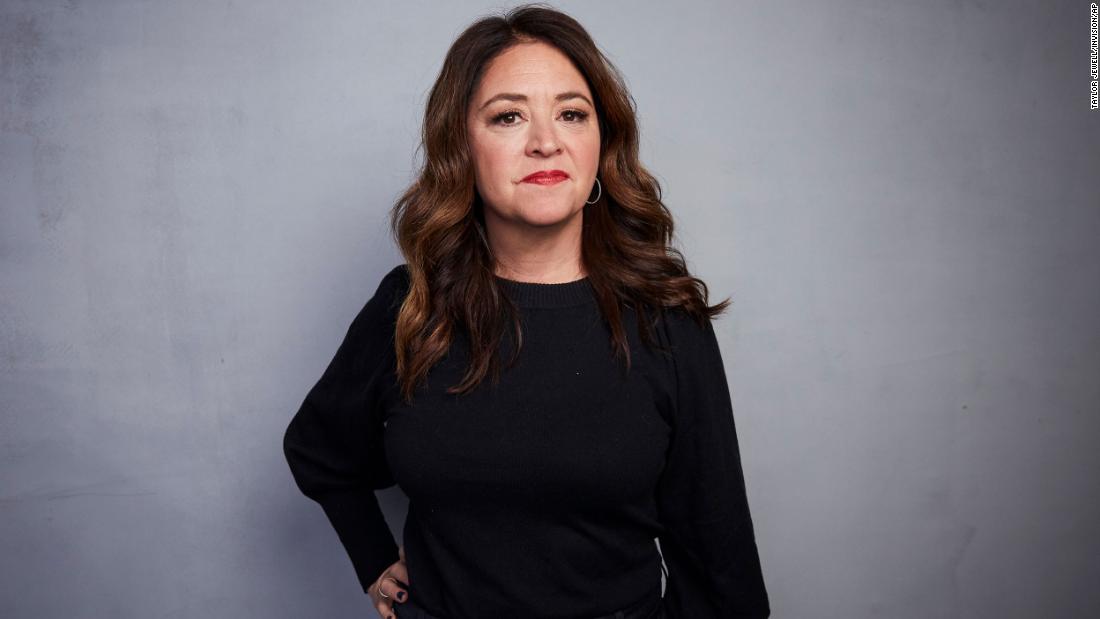A vicious oriental circle
Gevas, a small town by Lake Van, is in many ways a microcosm of the poorest part of a world in which 2.8 billion of its inhabitants live on less than $2 a day. Gevas aptly demonstrates that there is little room for surprises in eastern Anatolia. What one sees is absolute, not relative, poverty.
The World Bank has been struggling hard to reduce the poverty in the eastern Anatolia region. The development arm of the Bretton-Woods twins deserves much praise for its efforts, but is it not a losing battle when the problem multiplies at such a rate that it cannot be kept up with, even if all the international donors were to unite?
It is like talking to the wind, but still the banks pour in hundreds of millions of dollars into the Turkish education system, hoping that by upgrading the schooling it will produce long-term yields in poverty reduction. These donations also provide financial support to small entrepreneurs involved with orchards, livestock, barber shops and much more.
This financial support is not a lost cause by any means; one can see the returns in the shining eyes of an 11-year-old in the computer laboratory of a boarding school for girls in a remote town in Van, for instance, or in the shy smile of a 12-year-old posing to strangers at a village school that overlooks the lake, or in the enthusiasm of an 80-year-old farmer talking about his strawberries. His household, a small army of 72, does not seem to bother him!
By all accounts the present, and indeed recent, governments have not remained indifferent to the social situation the east, either. In some ways, the unlucky inhabitants of Turkey’s poorest parts are in fact privileged citizens. Shops practically pay no tax; moreover, many of them are not even registered businesses. Households do not pay for electricity, heating or water. Motorists are free to breach every traffic regulation available with a resultant ticket most unlikely. Roads in these small towns are no worse than in most parts of Ankara or Istanbul.
In an impressive program, the government spends $300,000 every year to pick up small children from villages in Van and take them to nearby schools. Every day, in Gevas alone, 618 students from 18 villages as far as 30 kilometers away are bussed into the town’s schools.
The problem, perhaps, has more to do with the culture than with previous efforts to atone for the systematic ignoring of these issues over past decades. In their modest but animated classrooms and towns one can see hope and hopelessness side-by-side, as well as all sorts of other ironies.
There are intelligent girl students whose only hope is a nod from their parents to enable them to continue their current schooling. They yearn to realize their dreams of attending high school and, even more fancifully, obtaining a university degree. Unfortunately, such dreams often fall apart as parents insist on keeping them at home to do housework rather than attend school, usually for financial and/or tribal reasons. Girls are forced to stay home to help parents take care of a dozen brothers and sisters or so, and then to marry at 15-17 years of age. How very sad to see young teachers encouraging, mostly in vain, their students to continue their studies in a hostile and difficult terrain. The students must envy their optimism and the make-believe world their teachers are living in.
It is a tragic-comic situation. One cannot know how to help the little boy whose body is covered with infectious wounds, with eyes as innocent as an angel and who sees his disease like as a game. How does one not hide a smile when a 12-year-old boy’s first name is "Saddam." What is one to think when a female teacher of theology puts on a wig to cover her headscarf…
It’s a vicious circle in a most Oriental way, a way that fits snugly into the thinking of Prime Minister Recep Tayyip Erdogan and his one-time mentor, Necmettin Erbakan. A larger household means sustainable poverty and, what is the worst part, sustainable poverty means, through ignored education, a larger household.
For Mr. Erdogan, more children in absolute poverty could well mean more votes. But for those children in absolute poverty, it merely means that their poverty is absolute.



